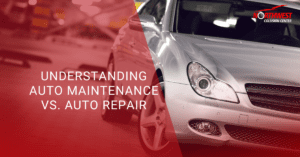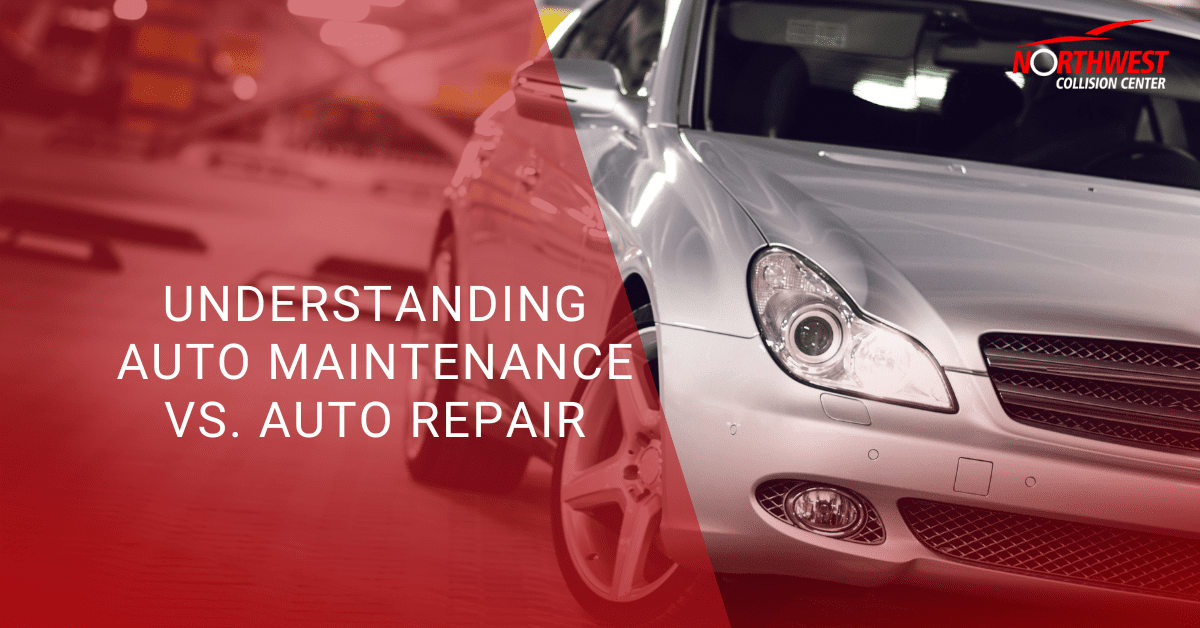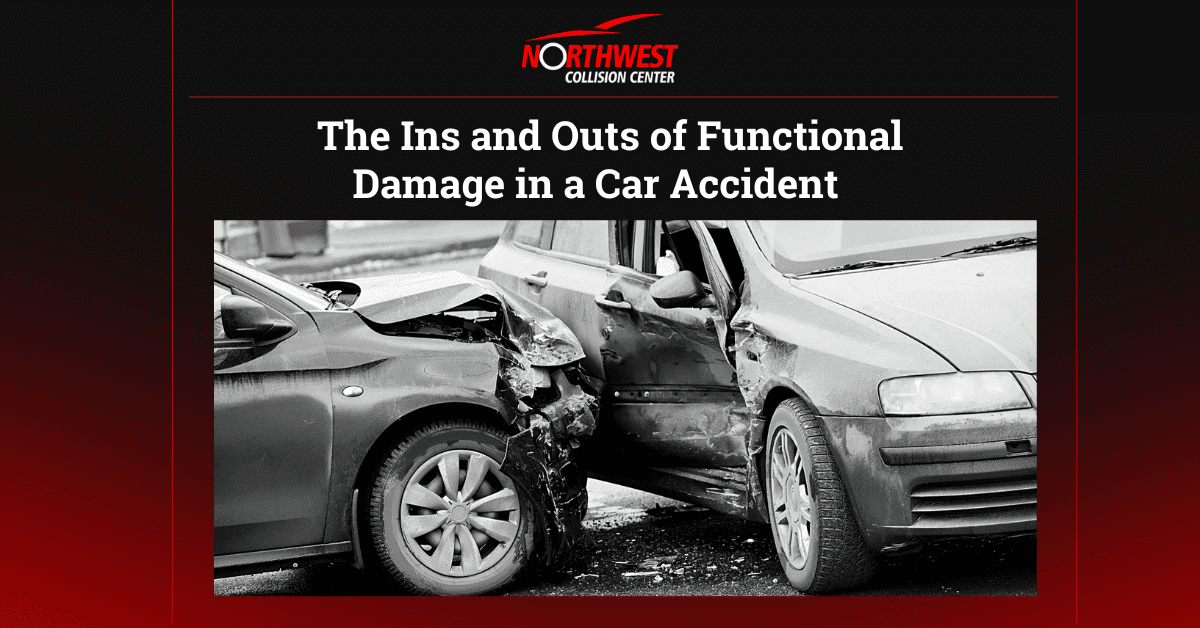Most days you can hop right into your car, turn the key in the ignition, and head off to your destination without any hesitation. But everybody has experienced the gut-wrenching sound of a car engine that won’t jump to life when the key is turned. Whether you’re stranded in your own driveway, at work, or in the grocery store parking lot, there are a few key steps you can take before calling a tow truck.
Why Won’t Your Car Start?
First and foremost, try to identify the problem preventing your car from starting. It could be that your security system is restricting the engine’s actions, which would be indicated by a flashing security light on the dash. If this is the case, you need to read the owner’s manual or call your dealership since every car is different.
Decoding the Signs
If your security light isn’t flashing, and your car engine won’t turn over when you turn the key, you can check a few items. The battery is the first suspect. Just like a flashlight can’t make any light when its batteries die, your car can’t start without a strong battery. Turn on your headlights and all other accessories like chargers, radio, and heater, and then check the brightness of the headlights. If they don’t turn on at all, or they are dimmer than usual, then your battery is dying or dead.
You might get lucky and have success jumping your car into action using jumper cables, but you will still need to replace your battery as soon as possible. On the other hand, if your battery life is strong, it might be the starter causing issues. The starter is responsible for those unpleasant clicking noises you hear when you turn the key and don’t get a strong engine response. A starter is best tested using multimeter leads, trying to start your car, and reading the voltage. Anything below 9.6 volts indicates a faulty starter.
If all else fails, call your local repair shop, ask for a tow truck, and wait for professional help to identify the problem and help you get back on the road. Call (727) 347-8945 to schedule the repairs you need with Northwest Collision Center in St. Petersburg, Florida. The skilled technicians at Northwest Collision Center know exactly how to restore your car or truck to its original condition.










